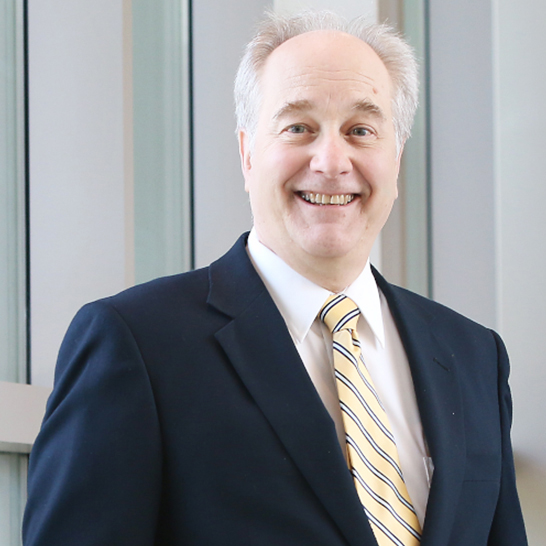Foodie TWiM reveals that bacteria in human saliva are major components of Ecuadorian indigenous beers, and an unusual E. coli that produces atypical light cream-colored colonies in chromogenic agar.
TWiM continues its food arc with an examination of the effect of peroxyacetic acid spray on the microbiome and sensory properties of beef, and explores asymmetry of the cell division machinery during sporulation.
TWiM reveals the microbiome of sourdough starter cultures, and discovery of a novel family of prokaryotic nanocompartments involved in the metabolism of sulfur.
TWiM explains how Vibrio biofilms are dispersed by polyamine signals, and the induction of inappetence by respiratory virus infection which causes alteration of the gut microbiome.
TWiM reviews aspirin modulation of Fusobacterium nucleatum, a microbe that has been associated with colorectal cancer, and Elio tells us ‘What are vaccines’, a talk he recently gave to members of his community.
The TWiM team reviews how variants of P. aeruginosa survive antimicrobial treatment, and a decrease in the antimicrobial resistance of the gut microbiome in the presence of the fungus C. albicans.
Elio reveals his thoughts on the big themes of modern microbiology, followed by an analysis of the gut microbiome in patients with Parkinson’s disease.
To celebrate ten years, TWiM asks former hosts and guests to provide their thoughts on how microbiology has contributed to our understanding of the microbial world.
In this episode, hiring and training expectations for future biomedical life sciences faculty, and the roles of bacterial symbionts in deep-sea hydrothermal vent tubeworms.
In this episode, how DNA of giant viruses has contributed extensively to the genome of green algae, and inhibition of E. coli virulence by a metabolic product of arachidonic acid in the intestinal epithelium.




